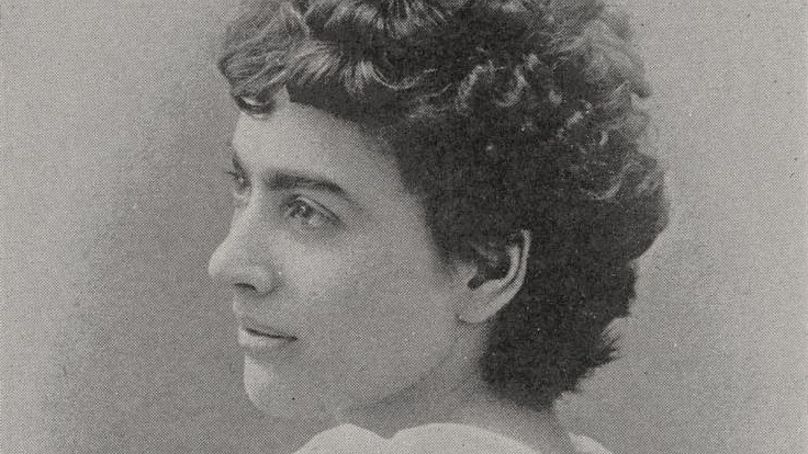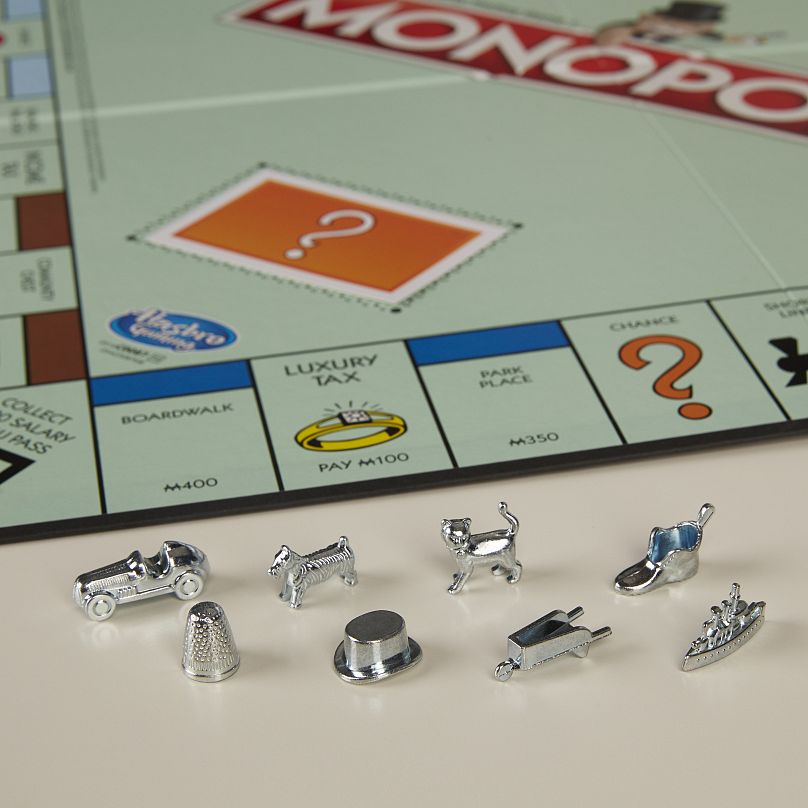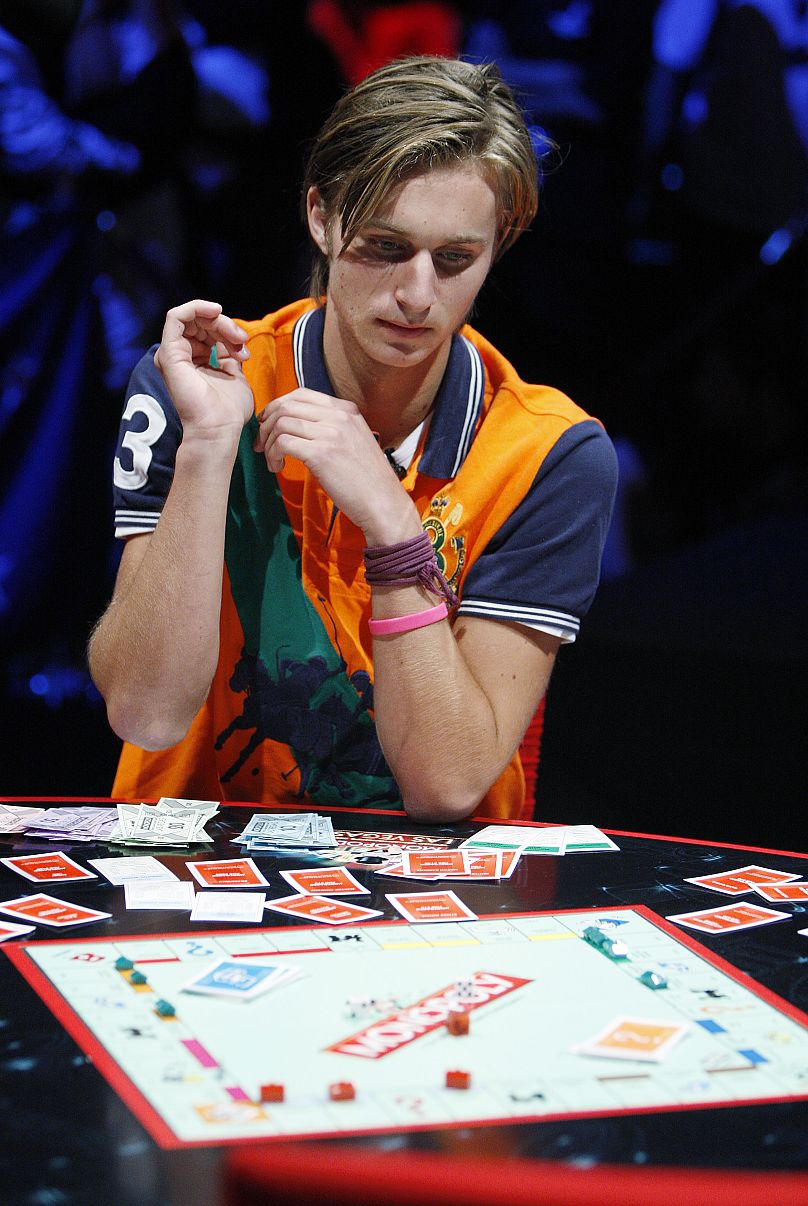The legendary board game first went on sale in its current form on this day in 1935. But what happened to bring the famous family splitter to our tables? Roll your dice and read on...
6 February 1935: Monopoly goes on sale to the public for the first time
Do not pass go, do not collect $200. It’s the infamous command that every family knows from countless sessions endured over December, slowly losing sanity as Uncle Terry is merciless, forcing little cousin Timmy to mortgage all his properties until a 9-year-old is a weeping bankrupt mess and Christmas is ruined.
Capitalism simulator and family gathering ruiner, it is of course the game of Monopoly.
This column could have been used for other firsts that took place on 6 February throughout history. The UK lost and gained a new sovereign on this day in 1952 as King George VI died, the 25-year-old Elizabeth ascended the throne. She became the UK’s longest serving monarch, dying in September last year.
It’s also the anniversary of the release of Charlie Chaplin’s first feature-length film ‘The Kid’. The wide release on this day in 1921 kicked off a new chapter in Chaplin’s artistic career and his work with fellow vaudeville actor Jackie Coogan has history remembering ‘The Kid’ as one of the finest films of the silent era.
But instead of focusing on either of those two historical trifles, I thought it would be fun to spend a little time looking into the history of Monopoly.
Although today in 1935 was the first time a game called “Monopoly” that resembles the modern game was made available to the public, the history of the board game extends long before that date.
In fact, the origin of Monopoly is an idea by American game designer, Lizzie Magie. But calling Magie just a game designer undermines who she really was. Born in 1866, Magie’s father had spent time with Abraham Lincoln on his political debate tour of the US. Magie grew up to be a writer, feminist and proponent of Georgism - an economic ideology that ownership of the rent of land should be distributed equally across all members of society.
Frustrated by the exploitation of people through monopolies over rent control, she devised ‘The Landlord’s Game’, a satirical game that would intuitively show players how rent enriches property owners and impoverishes tenants.
Magie developed the game in 1903 and was granted a patent for it in January 1904. Manufactured in 1906, The Landlord’s Game contains many of the mechanics of modern Monopoly, from the orientation of the board to the way players purchase properties on squares of the map.
There were two version of the original game, one with a similar payment system to modern Monopoly, and another based around collecting taxes.
Magie continued to develop the game and promote it to decent success. Some economics professors even started using it as a demonstrative tool in classes.
In the early 1930s, the game passed into the hands of a group of Quakers who adapted it into a version they preferred. This version was then passed between people until it reached Charles Darrow.
Darrow was also an American board game designer and started to distribute his version of the game under a new title: Monopoly.
Darrow filed his own patent, which was accepted in 1935. He sent the idea to the Parker Brothers around the same time, but they rejected it. However, when they saw how well the game was selling, in 1935, the Parker Brothers came calling.
The Parker Brothers bought the idea from Darrow and then bought out Magie’s patent on The Landlord’s Game. From there, the Parker Brothers started selling Monopoly across the US, and began licensing the concept to other countries.
Today, Monopoly is one of the most popular board games in history. It has been licensed to more than 103 countries, in over 37 languages and a 2015 estimate puts its sales at around 275 million copies worldwide.














